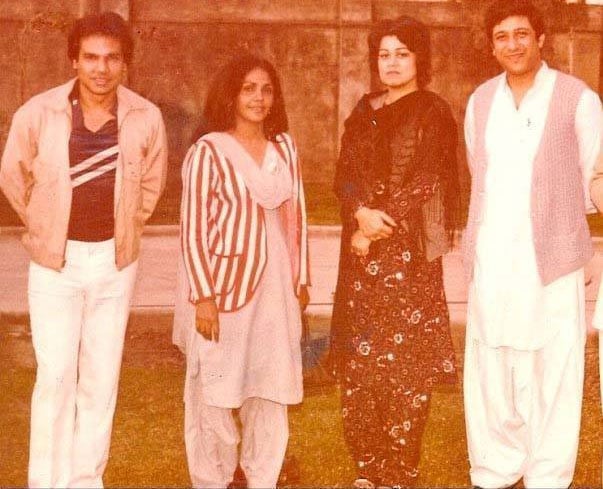By Paula Marantz Cohen
Her work is now popular because of its eloquent portrayal of how politeness is tied to deeper morality.
What accounts for the popularity of Jane Austen over the past three decades, whether on the page or adapted to the screen? One could argue that the appeal turns on a taste for simple romantic plots in which heroes and heroines find their perfect complements, or on a fondness for empire gowns and ribboned bonnets. These things, no doubt, contribute to Austen’s having become, as my editor once put it, “a best-selling brand.” But what I think is central to her popularity is a longing for civility in an age of coarseness and meanness.
Civility is a hallmark of Austen’s novels. Beginning in the 20th century, when academics began to take Austen seriously, there was a tendency to diminish this aspect of her work. Lionel Trilling, the great mid-20th century literary critic, was an important advocate for including Austen in the university curriculum. He nonetheless distinguished between those who liked Austen for the right reasons (i.e., her moral depth and astute satire) and those who liked her for the wrong ones.
He associated the latter group, whom he called “Janeites,” with a female readership who were fixated on the trappings of the society she depicted: the formal gatherings, picnics and balls in which people behaved in carefully prescribed ways. Trilling and others distinguished between depth and surface in Austen—between what her novels were “really” about and the seemingly superficial elements that embroidered her world.
But the dichotomy is a false one. It reflects a disregard for manners that began to emerge in the mid-20th century and has only accelerated since then. In fact, morals and manners, depth and surface, are inseparable in any healthy society. The profundity of Austen’s novels is based on this recognition.In Austen, bad or amoral people are generally vulgar and rude. Some of these characters can pretend to be mannerly when it serves their interest. The point is that they cease to be so when their guard is down or when they are no longer invested in getting what they want. This is true of Mr. Elton in “Emma,” of Wickham in “Pride and Prejudice,” and of Mary and Henry Crawford in “Mansfield Park.” In Austen, manners for bad people are only skin deep; for good people, they are the outward expression of inner values.
Lapses in civility happen in Jane Austen’s novels, but they then become an index to the perpetrator’s capacity for empathy. In “Emma,” the heroine’s rudeness to Miss Bates is represented as a form of cruelty that she comes to regret deeply. Mr. Elton, in the same novel, is rude to Harriet Smith, but without the ability to care that he has hurt her. The difference between these two reactions reflects the difference in these characters’ moral nature.
In Austen, good manners are also a conduit for learning about another person in a careful and deliberate way. Particularly for a single man and woman who are first becoming acquainted with one another, this keeps expectations in check until there is sufficient information to draw a conclusion. When Willoughby dances every dance with Marianne in “Sense and Sensibility,” he shows a disrespect for decorum that sets the stage for his later jilting of her. Because he has failed to abide by the manners that govern behavior at balls, he leads Marianne to assume that he is committed in his affections. She therefore suffers acutely when he transfers his attention to another (wealthier) woman.
Austen makes clear that good manners may have an innate component (certain people have “natural” social grace), but that they also need to be strengthened through practice. In the communities in which her novels are set, individuals abide by established rules in their regular, daily interactions. When someone new enters their circle, he or she can either elevate or degrade a character’s conduct. One sees this in “Emma” with the introduction of Frank Churchill. The heroine temporarily falls under his egoistic spell and is misled into being thoughtless and rude. She is righted by the supremely moral and mannerly Mr. Knightley.
A modern reader may balk at the heroine’s positioning between these two male influences. But if one steps back and considers the situation more broadly, one can see this as a dramatization of the Aristotelian principle that good role models shape good character and bad role models shape bad character.
The word “manners” sounds prissy and old-fashioned to contemporary ears. But Austen presents it as the need to treat others humanely rather than instrumentally. It is the outward, formal expression of respect for others—whether one knows them well, slightly, or not at all. So many in our country today feel disrespected, dismissed and unheard. They, in turn, have abandoned civil discourse for unmannerly outrage. We would go some way to rectifying the divide in America if we were able to empower the Mr. Knightleys over the thoughtless Frank Churchills and insidiously immoral Mr. Eltons, and reassert the link between manners and character, surface and depth, that Austen dramatizes so eloquently.




